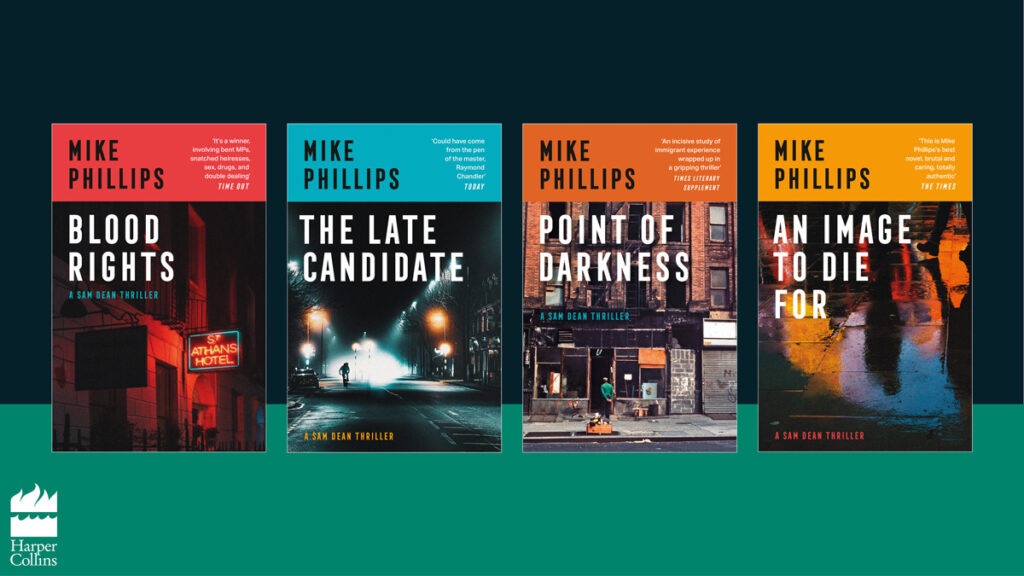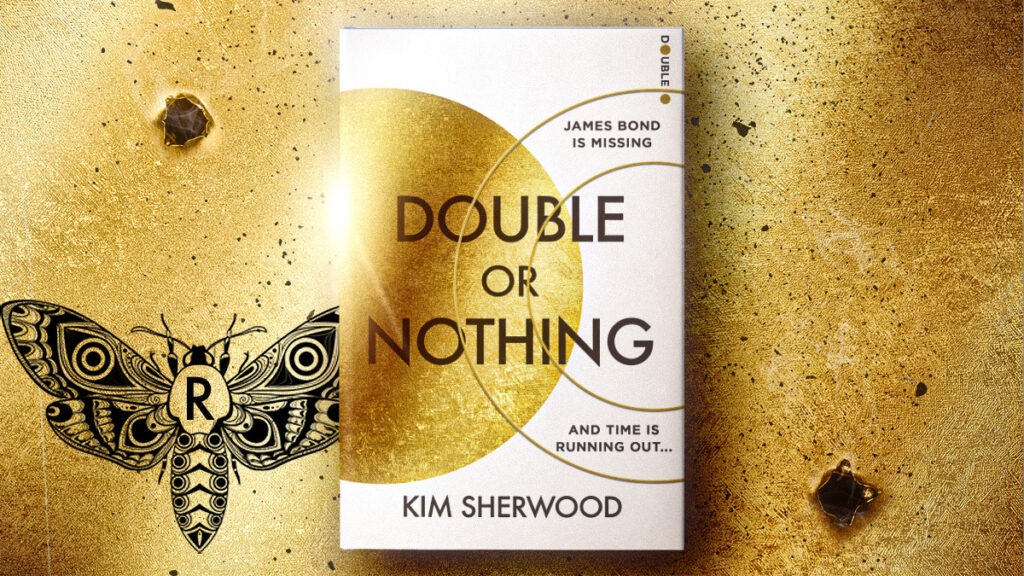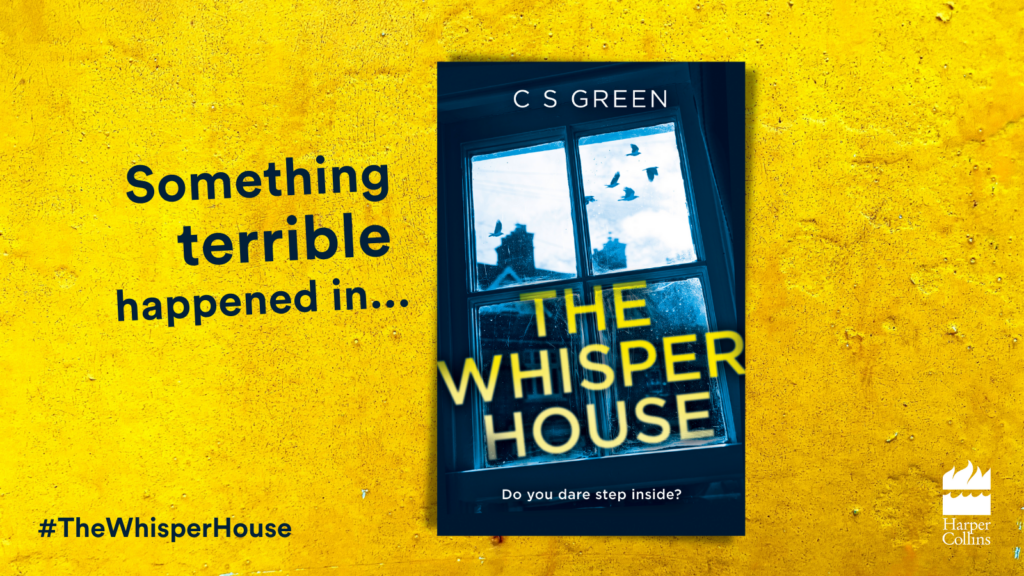Elizabeth Day’s latest novel, The Party, is a gripping story of obsession and betrayal, privilege and hypocrisy, set in the unassailable heart of the British establishment. In this guest post we learn what Elizabeth’s inspirations were for this novel, as well her fascinating research, and the most important parts of a book:

Beginnings are always important. Whenever I start a new book, I’m aware of how crucial it is to get the first sentence right. I want to draw the reader in with a gripping opening but I also want to pose questions that spark an immediate interest.
It’s why I set Chapter One of my new novel, The Party, in a police station. My protagonist, Martin, is being interviewed by two police officers – one male, one female – but we don’t know why. All we know is that he seems angry about it, and is insistent that he is the one who has been wronged. From there, the novel is then told partly in flashback. Gradually, it’s revealed that something happened with Martin at his best friend Ben’s 40th birthday party, held in a stately pile in the English countryside some three weeks’ before. The police know something Martin doesn’t. And they’re playing cat and mouse with his emotions.
The Party is my fourth novel but it’s the first time I’ve written something with the structure of a thriller and I found it hugely enjoyable. I am a big fan of police procedurals and gleaned a lot of key information from episodes of Line of Duty or Happy Valley. The American series, The Affair, was also very influential – in fact, I couldn’t stop picturing the actor Dominic West as Ben the whole way through writing and even had a picture of him blu-tacked to my wall as inspiration.
One of the best resources was the ITV show, Scott & Bailey, which recreates both the mundanity and the drama of everyday police work with impressive accuracy. It was the little details I was keen to get right – the fact that the detectives wear lanyards for instance, or the way in which a suspect’s first name is repeatedly used in interview, a tactic that can get someone on-side while also subtly pressurising them into feeling they have to tell the truth.
It was also fascinating reading transcripts of police interviews online and tapping up a barrister friend to explain the intricacies of the Crown Prosecution Service and dangerous driving legislation. As a writer, who spends most of her day typing with solitary intent and staring into space, it was rather exciting to speak to people with real jobs, who deal with criminal situations on a daily basis. They told me again and again that those who committed the most appalling crimes were often the quiet, seemingly inoffensive ones who struggled to understand what was being said to them. Martin isn’t a typical felon, in that he is an educated professional. But he has a strain of narcissism that can also be a warning sign of sociopathy. He struggles with empathy. At times, he can be patronising and has something of a superiority complex. He frequently thinks he’s one step ahead of the police, only to discover they’ve had his number all along.
So, yes, beginnings are important. Endings are too. But I’m not going to tell you what happens – you’ll have to find out for yourself.
The Party is out on Thursday 13th July 2017



